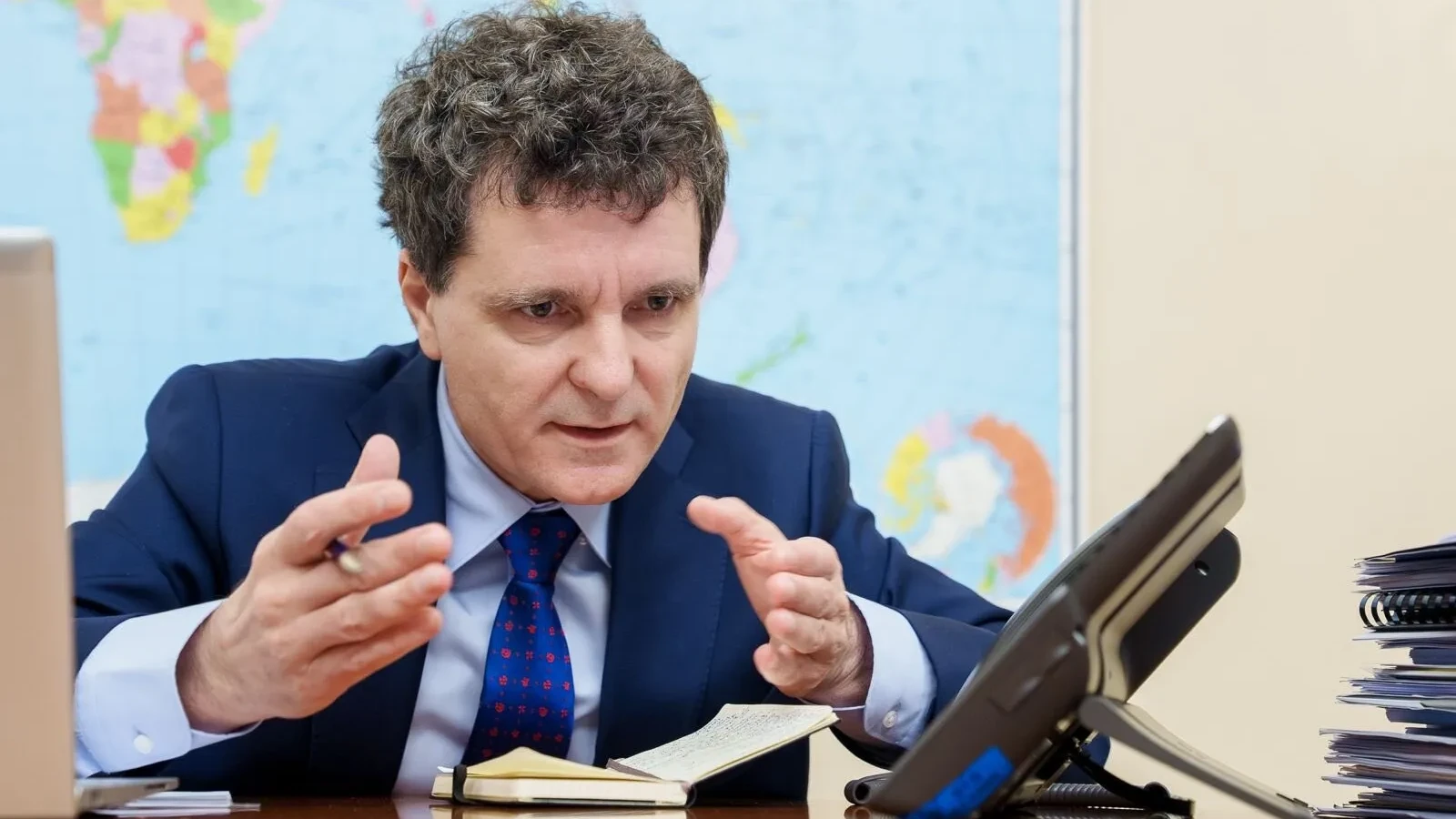Each fiscal change means that small and medium-sized enterprises must redo their business plans, recalculate costs, renegotiate contracts, adapt IT systems and train their accountants, President Nicusor Dan said on Monday.
The president's message at the 33rd edition of the National Top of Private Companies in Romania was read by presidential adviser Radu Burnete.
"For an SME with 10-20 employees, a single fiscal change can mean weeks of work and costs of tens of thousands of euros," he said.
He noted that Romania has over 800,000 small and medium-sized enterprises, which account for 99.7% of all active companies in the country. SMEs employ 66% of the private-sector workforce and generate 56% of the national gross value added.
"When we talk about SMEs, we are not talking about a segment of the economy. We are talking about the economy itself. The companies we are celebrating today - the winners of this National Top - reflect what Romanian entrepreneurs can achieve when they have vision, courage and perseverance. They prove that Romania can generate value, innovation and competitiveness," Burnete said, conveying the president's message.
He recalled that in January and February, IMM Romania carried out a study on a sample of over 1,000 companies, showing that entrepreneurs' confidence in Romania's economic outlook dropped to 34.69%.
Burnete added that in 2023, 61% of entrepreneurs believed the economy would perform well, while in 2024 this figure fell to 50%.
"Now, in 2025, only one in three entrepreneurs still has confidence in the country's economic future. This did not happen because entrepreneurs became pessimistic. It happened because they face concrete, daily challenges that make them ask: can we still make long-term plans in Romania? We must ensure that the answer to this question is always yes!' he said.
A major challenge is the lack of fiscal predictability, the presidential adviser stressed.
"When such changes come year after year, semester after semester, the message to entrepreneurs is clear: don't rely on anything. Don't make long-term plans. Just survive from one quarter to the next. How can we ask Romanian businesses to be competitive at European level when we don't give them the predictability they need to plan, invest and grow? This must change - and I trust it will, starting with a realistic budget for 2026," he said.
He also noted that bureaucracy does not affect all companies equally.
"Large companies have entire departments dedicated to dealing with public administration. They can hire consultants, lawyers and experts to navigate the maze of rules and procedures. SMEs do not have that luxury. For an SME, bureaucracy means that the owner or director - instead of focusing on their product, clients and innovation - spends hours and days chasing paperwork, filling out forms and waiting for approvals," Burnete explained.
He further said that 45% of Romanian SMEs rely on self-financing - in other words, about half of Romanian entrepreneurs lack proper access to bank financing or investment.
"When we look at these figures, we realise there is an underdeveloped capital market, bank reluctance and a lack of financing instruments tailored to the realities of SMEs. And this is a problem we can and must solve," the presidential adviser said.
He therefore called for "a genuine partnership between the state and the private sector", stressing that when the state prepares a fiscal change, it should consult the business community.
"The president is not asking for fiscal adjustments to never happen. He asks that they be rare, justified and announced in advance. An entrepreneur must know, at the start of an investment cycle, what the fiscal conditions will be for the duration of that cycle. Otherwise, they cannot plan. Partnership also means recognising that the private sector is not only a beneficiary of policies but also a contributor to solutions. The private sector can and must be part of the solution," Burnete added.
Competitive Romanian companies that export, innovate and create well-paid jobs are the solution to the trade deficit, to increasing budget revenues and to strengthening European competitiveness, he said.
































Comentează